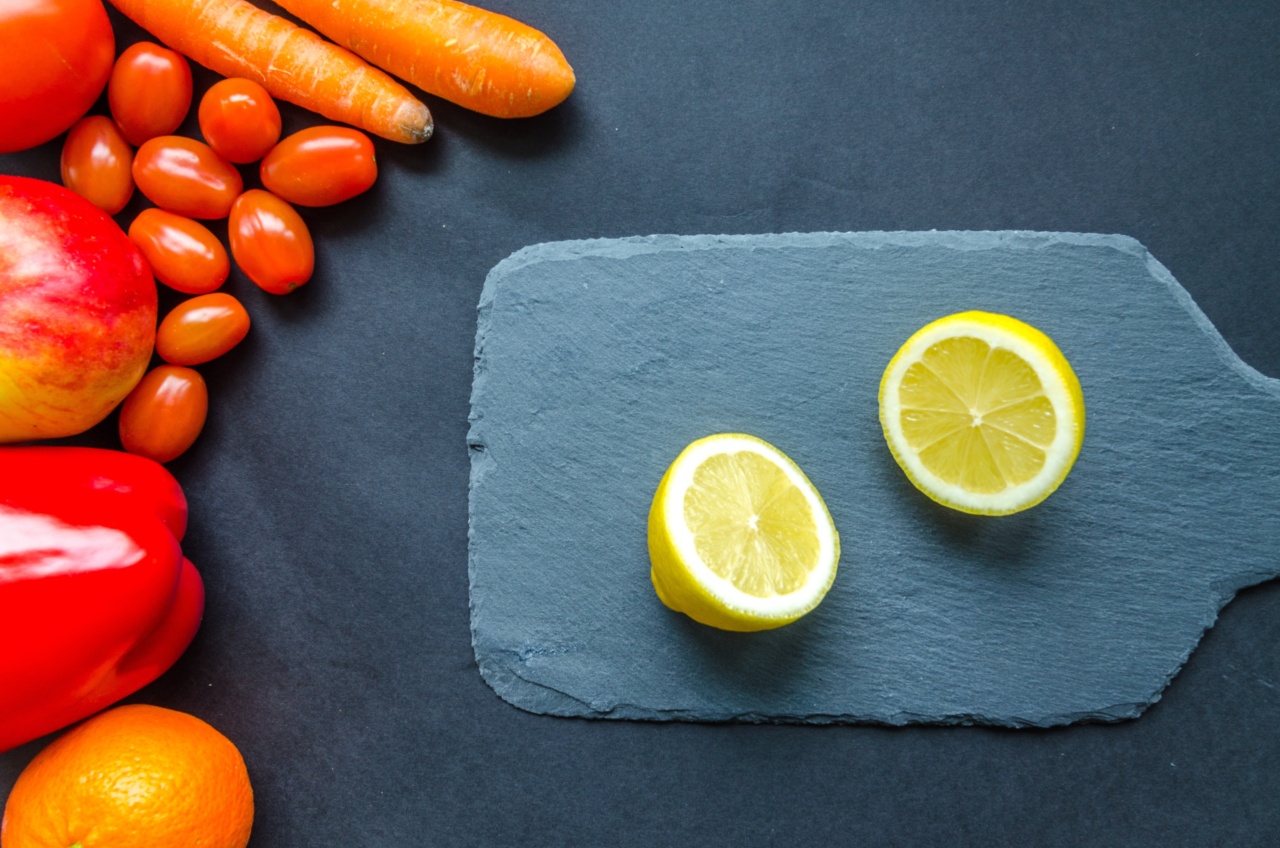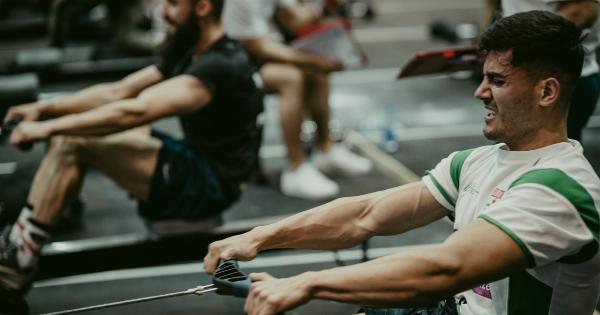As we age, maintaining muscle mass becomes increasingly important for overall health and functionality.
With age, there is a natural decline in muscle size and strength, which can lead to various health issues, including an increased risk of falls and fractures. While regular exercise, especially strength training, plays a pivotal role in preserving muscle mass, diet also plays a crucial role in supporting muscle health.
Including a variety of fruits and vegetables in your diet provides essential nutrients and antioxidants that help prevent muscle loss and promote muscle repair and growth.
1. Spinach
Spinach is a powerhouse of nutrients and a great addition to any muscle-preserving diet. Bursting with vitamins A, C, and K, as well as iron and calcium, spinach helps support healthy muscle and bone function.
It is also a source of nitrates, which help enhance muscle performance and improve blood flow during exercise. Including spinach in your salads, smoothies, or sautéed dishes can provide you with a plethora of benefits for muscle health.
2. Blueberries
Blueberries are not only delicious but also packed with antioxidants that combat oxidative stress and inflammation, both of which contribute to muscle damage and loss.
These tiny berries are rich in vitamins C and K, as well as dietary fiber, which aids in digestion and overall gut health. Blueberries are also known to improve insulin sensitivity, a crucial factor in maintaining healthy muscle mass.
3. Avocado
Avocado is a versatile fruit that can elevate the nutrient profile of any meal. It is an excellent source of healthy fats, including monounsaturated fats, which are vital for muscle health.
The monounsaturated fats in avocados help reduce inflammation and support hormone production, both of which are crucial for maintaining muscle mass. Additionally, avocados contain potassium, magnesium, and vitamins C, E, and K, all of which contribute to optimal muscle function.
4. Oranges
Oranges are not only refreshing but also incredibly beneficial for muscle health. They are loaded with vitamin C, a powerful antioxidant that aids in collagen formation and supports connective tissue health.
Collagen plays a vital role in maintaining the integrity and strength of muscles, tendons, and ligaments. Including oranges in your diet can help prevent muscle damage and promote faster recovery after exercise.
5. Broccoli
Broccoli is a cruciferous vegetable that provides a range of nutrients to support optimal muscle health. It is an excellent source of vitamins C and K, as well as folate and dietary fiber.
Broccoli also contains a compound called sulforaphane, which has been found to have anti-inflammatory properties and promote healthy muscle function. Including broccoli in your meals can help protect against muscle loss and support overall musculoskeletal health.
6. Papaya
Papaya is a tropical fruit packed with essential vitamins and enzymes that promote muscle health. It is rich in vitamins A and C, as well as digestive enzymes such as papain, which aids in digestion and nutrient absorption.
The high vitamin C content in papaya helps protect muscles from oxidative stress and supports collagen synthesis, a crucial component of muscle tissue.
7. Sweet Potatoes
Sweet potatoes are a nutrient-dense root vegetable that can benefit muscle health in several ways. They are an excellent source of complex carbohydrates, providing sustained energy for workouts.
Sweet potatoes are also rich in fiber, vitamins A and C, and potassium, which aid in muscle recovery and maintenance. The high potassium content of sweet potatoes helps prevent muscle cramps and promotes optimal muscle function.
8. Kale
Kale is a leafy green vegetable that offers an array of nutrients that support muscle health. It is rich in vitamins A, C, and K and is an excellent source of calcium, a mineral vital for muscle contraction.
Kale also contains antioxidants and anti-inflammatory compounds, which help protect muscles from damage and reduce exercise-induced inflammation. Including kale in salads, smoothies, or sautéed dishes can be a valuable addition to your muscle-preserving diet.
9. Berries (Strawberries, Raspberries, Blackberries)
Berries such as strawberries, raspberries, and blackberries are not only delicious but also fantastic for muscle health. They are rich in antioxidants, including vitamin C, which aid in muscle repair and protect against oxidative stress.
Berries are also a great source of dietary fiber, promoting gut health and optimal nutrient absorption. Including a variety of berries in your diet can provide a wide range of benefits for your muscles.
10. Bell Peppers
Bell peppers, available in various vibrant colors, add both flavor and nutrition to your meals. They are a rich source of vitamins A and C, as well as dietary fiber.
The high vitamin C content in bell peppers aids in collagen synthesis, supporting muscle and connective tissue health. Additionally, bell peppers contain antioxidants that protect muscles from oxidative stress and inflammation.
By incorporating these top fruits and vegetables into your diet, you can provide your muscles with the essential nutrients they need to thrive.
Remember to combine them with regular exercise, especially resistance training, to maximize the benefits and preserve your valuable muscle mass for a healthier and more functional life.






























